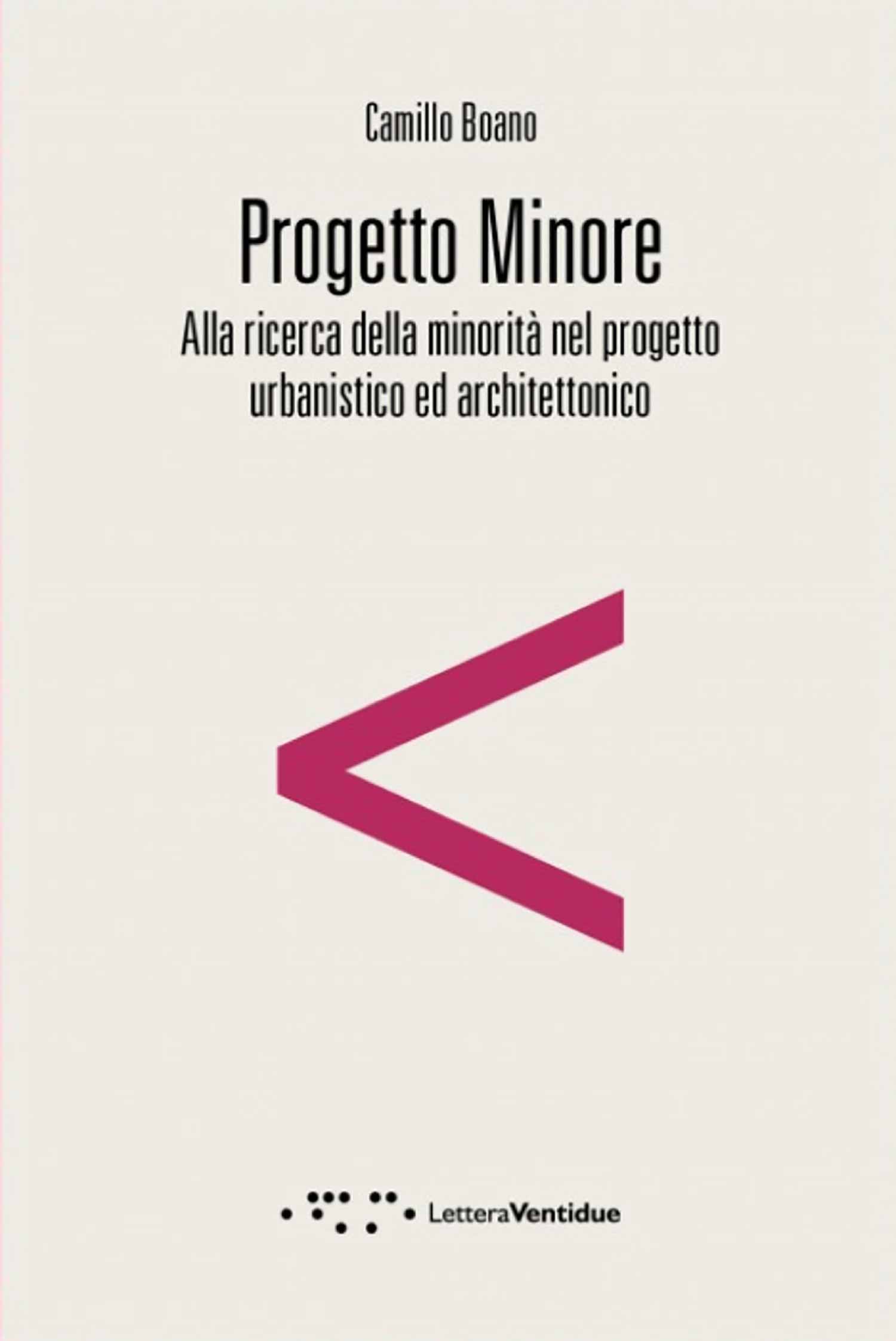- Login
Critical Spatial Practice

‘It is not a question of thinking a better or more authentic form of life, a superior principle, or an elsewhere that suddenly arrives at forms of life and factical vocations to revoke them and render them inoperative. Inoperativity is not another work that suddenly arrives and works to deactivate and depose them: it coincides completely and constitutively with their destitution, with living a life.’ G. Agamben, The Use of Bodies, (2016), p. 277.
or The Minor Project: Searching for minority in urban and architectural design (2020)
Progetto Minore is a book, for the time being in Italian only, which reflects on practices and design thinking, drawing on references and traditions ranging from philosophy to cultural studies, anthropology and the decolonial tradition. It address the importance of minority as a possible statute of design. The minor is not a minority, a reduction, but a difference in status and therefore an intensity. The minor project is not a banal call to arms, a request for action and for getting one’s hands dirty in a new functional operativeness. On the contrary, the minor project is a destituent proposal: a new way of thinking about the project and its making in the crisis, which is substantiated as an inversion of its own meaning, an operator of criticism and resistance to a totalitarian greater, dominant horizon: a small line of flight. Interrogating the minor in design is a way to situate my reflections along and within Jane Rendell’s critical spatial practices to place attention on how an inoperative and decolonial engagement with the project allows for a destituent critique to emerge and inform practice and position theory as a form of practice but critical and situated as it coincides with its own dismissal. Progetto Minore is not a renunciation, a retreat into other disciplines, models, practices, or a painful nihilism of impotence, on the contrary, it is a tone of power, an ethic that recodes, reworks and subverts the key categories of design (internal/external, public/private, function/use, ignorance/knowledge, present/future, real/possible), indeterminating them. Progetto Minore suggests a decolonial posture of the urban project, bringing into play its limits, epistemic violence and spatial thoughts; bringing out minority as solidarity and resistance to the modern, functionalist, determinist and neo-techno-ecological project; affirming new living, new spatial grammars. The minor project is not a marginal design process on the margins, subtle, absent, simplified and flattened in its aesthetic coordinates and social ideologies of process, sustainability, or solutionism, or a renewed globalism. It is incapable of resisting the arrogance and will to power of the imperatives that constitute an ontology of action, an arrogance of gesture and an exaltation of the ego in making and thinking about urban and architectural design. Recentring the notion of the project through its own decentralisation may perhaps restore the project to an idea of design capable of coming to terms with its own crisis and with the multiple crises that persist in urban planning and architecture. Progetto Minore is a refocusing on the making of the project, not autonomous and industrious, but heterotonous and inoperative.
https://www.letteraventidue.com/it/prodotto/417/progetto-minore
Camillo Boano is Professor of Urban Design and Critical Theory at The Bartlett Development Planning Unit (DPU) and Professor of Architecture and Urban Design at the Dipartimento Interateneo di Scienze, Progetto e Politiche, Territorio del Politecnico di Torino, Italy. He is Co-Director of the UCL Urban Laboratory and had collaborated with Prof. Jane Rendell in different pedagogical projects. Camillo’s research has centred on the affirmative potential of critical theory in desing culture and the role of radical philosophy in thinking urban proceses and spaces, specifically engaging with informal urbanisations, urban collective actions, as well as crisis-generated urbanisms. He has focused extensively on the inoperative politics of Giorgio Agamben and other continental theorists. He is working on a series of interconnected research projects in Latin America, South East Asia and the Middle East on urban infrastructures, habitability and the urban project. He is the author, among others, of The Ethics of Potential Urbanism: Critical Encounter of Giorgio Agabmen and Architecture (Routledge, 2017).
I’ve been looking at critical theory – discovering its complicity and then attempting to emprace a destituent approach: a way of practising and thinking about politics that radically breaks with the modern logic of sovereignty, linked to an idea of politics without foundation (a politics without arché). A destituent politics has a limited but precise task: to create the conditions, that is, a crack, so that another politics, the one that today seems impossible, can happen. A desitituent, minor project, one is where ‘fugitivity’ and ‘dwelling’ coexist and resist, a ‘project of care’ where inhabitation is less about fixed being, and more an affirmative potential to create life and its possibility.
Giorgio Agamben, ‘What is a Destituent Power?,’ in Environment and Planning D: Society and Space, 32.1, 2014: 65-74.
Gómez-Barris Macarena, The Extractive Zone (Durham: Duke University Press, 2017).
Tony Fry, Re-making Cities: An Introduction to Urban Metrofitting (London: Bloomsbury, 2018).



































































